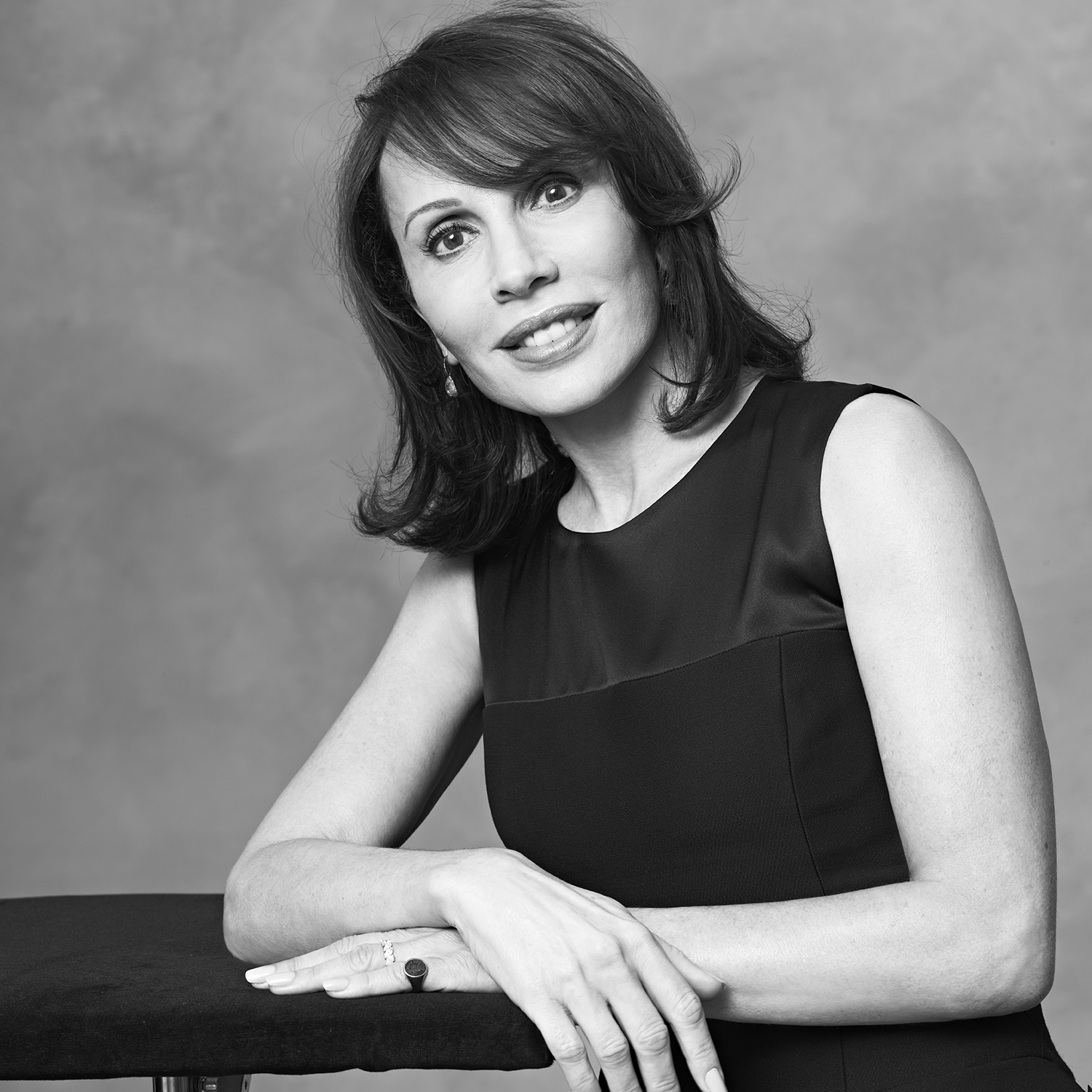
In both the developed and developing world, education is the most powerful tool we have to shape our future. However, the type of education, who it is for, and what it should lead towards, is still a matter of debate.
Unfortunately, in the last 50 years, the educational systems in most sub-Saharan countries have been a mix of hybrid curricula copied on a Eurocentric approach not adapted to the realities of the indigenous pupils, their strengths and their weaknesses. So most systems used a one-size fits all approach. Neither the student’s environment nor their origins were taken into account. The one-size-fits all model I believe is now antiquated, and to create tomorrow’s active citizens, the entire philosophy of the educational system should be aligned to the future vision and needs of a country.
My home country of Gabon is at a turning point. Indeed, it has embarked on a bold strategy, that of becoming by 2025 an emerging-diversified economy. Our growth will be based on sustainable forestry, agriculture, plus higher value mining and extraction industries, and this requires a new kind of education that will create a generation that has the skills to lead Gabon.
While the national education reform is underway, I wanted to test a few new ideas. One of those ideas was the creation of a school of excellence that would be an example to the rest of the continent. For years, I dreamed of creating a significant full-time education project that would help shape the future of the country. Yet, testing new ideas in Africa is difficult. Often the old does not bode well when new thinking has to take place. Yet, thanks to my supporting team—of course I didn’t do it by myself, I enlisted partners—in 2013, we succeeded in opening the Ecole Ruban Vert on a seven-hectare campus in the heart of Libreville.
Ecole Ruban Vert was founded to create this new standard of education for Gabon; an education tied to international standards and rooted in sustainability to create the types of leaders that fit with the vision of the country.
So what we created would not be a replacement for our national schools, but something complementary and different—an incubator for new ways of teaching and learning, that could adapt quickly to the challenges we face, and create leaders equipped with the right skills for the future. An incubator also, that took into account our ever fast-paced-changing-world. As most education specialist will tell you, what you haven’t learned in your early years, you will never learn later.
It would probably have been more straightforward for us to staff it with well-qualified teachers, tie our curriculum to international standards and create a standard international school, but we wanted to make a difference and to push further. The core question was: how could the school help shape the country and the region’s future?
We decided to become the first school in the region to create a generation whose education was based on sustainability.
Indeed, a central pillar of the government’s vision for the future of Gabon is sustainable development, and building a green Gabon. The country is 80% covered in rainforest that act as a “green lung” of the continent. About 11% of this area is dedicated national parks and this World Heritage has to be preserved at all cost.
Our students learn about environmental protection and preservation, climate change, energy, recycling and upcycling, green business practice and acting responsibly; this guides and develops them into environmentally aware and active leaders. We focus on local ideas and examples, using Gabon as our inspiration, but we consider our community action in a global context, making positive changes for our school and our local area. To date, the school counts over 23 nationalities, a third of which being Gabonese, and an ever growing number of students, of all age groups.
Ecole Ruban Vert is unique in that it is a school encouraging excellence and aiming at creating tomorrow’s leaders. It is attainable by the best students, and because we strongly believe in equal opportunity and excellence, 20% of our Gabonese students, coming from marginalized backgrounds, have received full scholarship. They are fully integrated in the school and its diverse and rich activities.
My hope is that one day Ecole Ruban Vert can inspire other nations to adopt similar approaches and create a generation of sustainably minded leaders. For too long education in Africa has been viewed as needing to ‘catch-up’ with the West, but through projects like this we can show how Africa can lead as well.
More Must-Reads from TIME
- How Canada Fell Out of Love With Trudeau
- Trump Is Treating the Globe Like a Monopoly Board
- Bad Bunny On Heartbreak and New Album
- See Photos of Devastating Palisades Fire in California
- 10 Boundaries Therapists Want You to Set in the New Year
- The Motivational Trick That Makes You Exercise Harder
- Nicole Kidman Is a Pure Pleasure to Watch in Babygirl
- Column: Jimmy Carter’s Global Legacy Was Moral Clarity
Contact us at letters@time.com